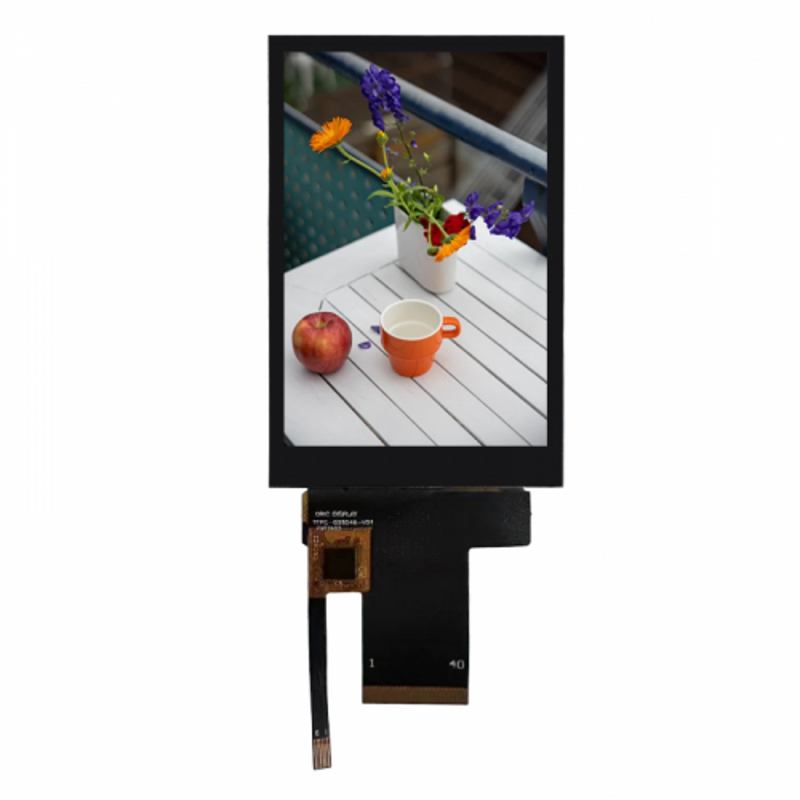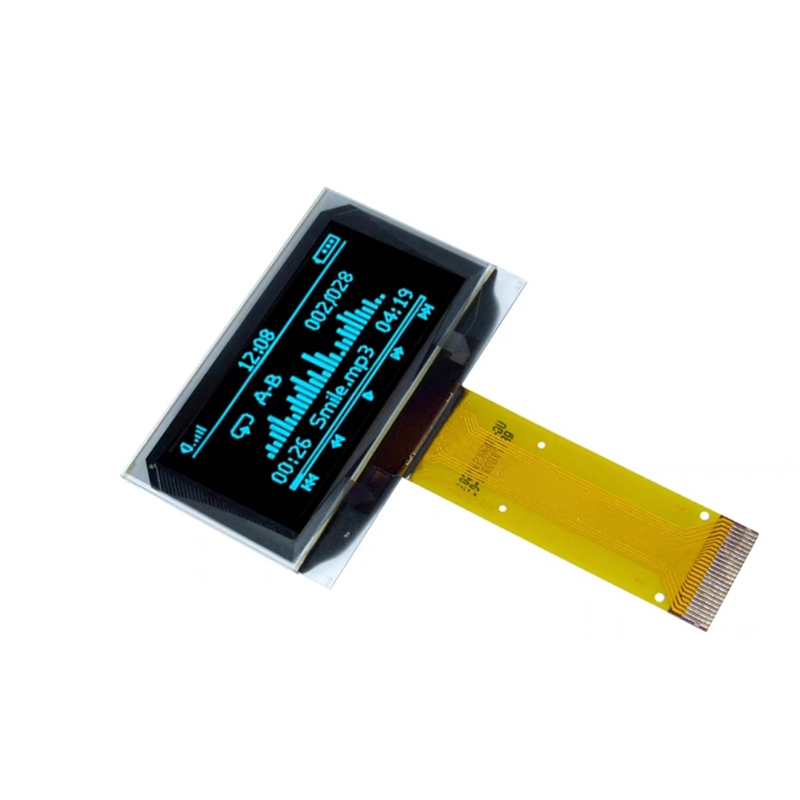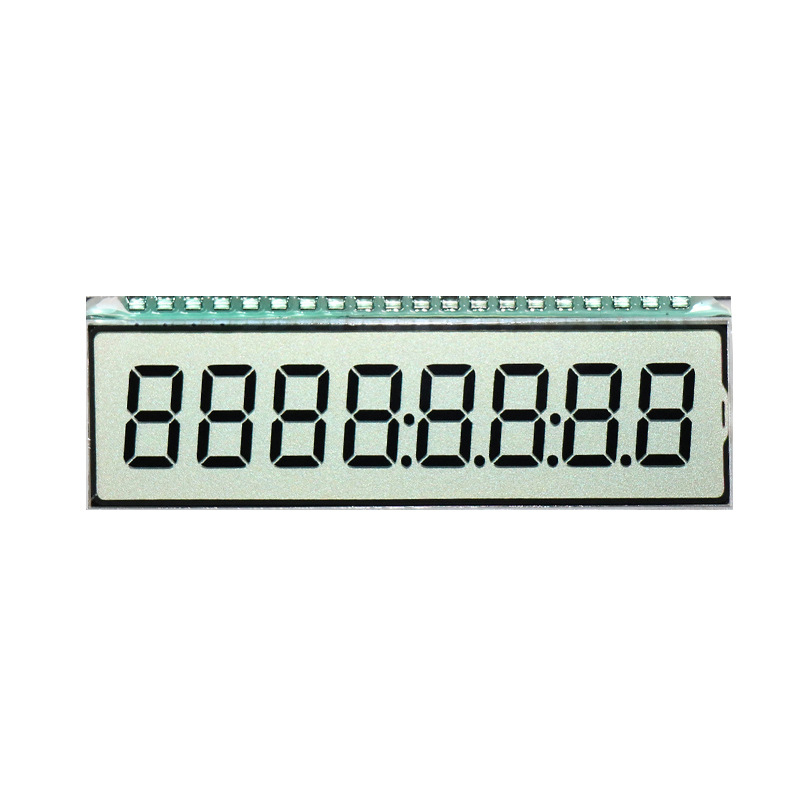
This comprehensive guide helps you select the perfect TFT display for your Arduino Mega projects. We'll explore various display options, consider key specifications, and provide practical tips for successful integration. Learn how to choose the right resolution, interface type, and touchscreen functionality to match your project needs. We'll also cover essential considerations for power consumption and ease of use.
Before diving into specific products, understanding the capabilities of the Arduino Mega and how it interacts with TFT displays is crucial. The Arduino Mega boasts ample memory and processing power, making it suitable for driving even complex Arduino Mega TFT display products. However, the communication interface between the Arduino and the display is a critical factor. Common interfaces include SPI and parallel. SPI is generally preferred for its efficiency and ease of implementation with the Arduino Mega.
Consider the resolution and color depth offered by different Arduino Mega TFT display products. Higher resolutions provide sharper visuals but may demand more processing power and memory. The color depth (e.g., 16-bit, 18-bit, or 24-bit) impacts the vibrancy and realism of the display. A balance between resolution, color depth, and the Arduino Mega's capabilities is necessary.
The market offers a wide range of Arduino Mega TFT display products compatible with the Arduino Mega. To help you navigate this variety, we've highlighted some popular choices, categorized by their key features and specifications:
| Display Model | Resolution | Interface | Touchscreen | Color Depth |
|---|---|---|---|---|
| ILI9341 based displays (Commonly available) | 320x240, 480x320, other variations | SPI | Optional (many models available with or without) | 16-bit, 18-bit |
| ST7735 based displays (Often smaller sizes) | 128x128, 128x160, etc. | SPI | Usually not included | 16-bit |
| ILI9488 based displays (Larger displays) | 800x480, other variations | SPI | Often available with touch | 16-bit or higher |
Specifications may vary depending on the manufacturer and model. Always check the datasheet for precise details.
The best Arduino Mega TFT display product for your project depends on several factors. Consider the size of your project enclosure, the level of detail required for visuals, whether a touchscreen is necessary, and your budget. For simple data displays, a smaller, lower-resolution display might suffice. Complex applications with rich graphics will benefit from higher resolution and potentially a touchscreen.
Once you've chosen a Arduino Mega TFT display product, you'll need appropriate libraries and code examples to integrate it with your Arduino Mega. Many libraries are readily available online, such as the Adafruit_TFTLCD library. These libraries provide functions to initialize the display, draw shapes, display text, and manage other aspects of the display.
Remember to consult the datasheet for your specific display model for detailed pinout information and initialization instructions. Libraries may offer examples to adapt to specific display models.
Beyond basic display functionality, you can explore advanced techniques such as implementing custom fonts, generating graphical user interfaces (GUIs), and integrating with other sensors and components. The possibilities are vast, offering a platform for creating intricate and dynamic projects.
Explore resources like online forums and tutorials to expand your knowledge and learn from the experiences of other users. This allows for continuous learning and improvement in your ability to harness the potential of Arduino Mega TFT display products effectively.
For high-quality LCD and TFT displays, consider exploring the options available at Dalian Eastern Display Co., Ltd. They offer a wide range of displays to meet diverse project needs.












